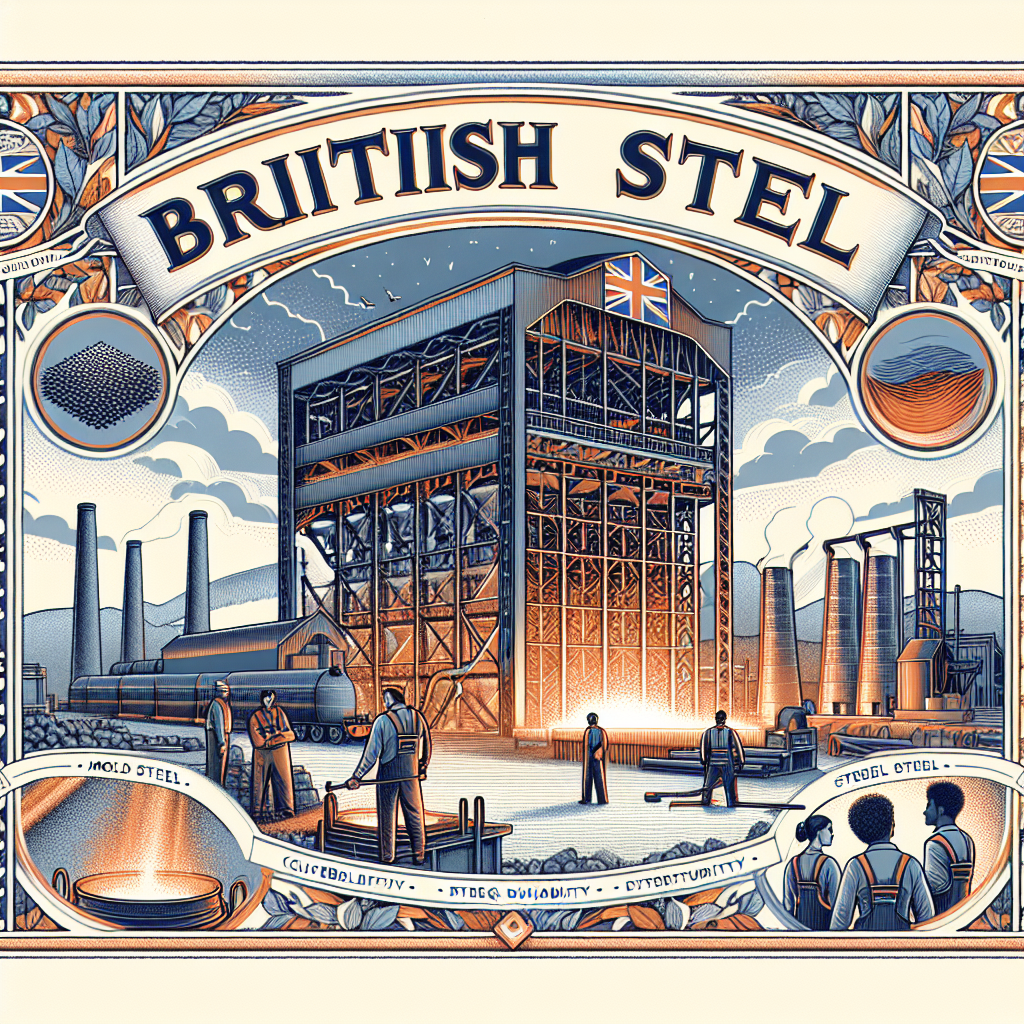British Steel Faces Furnace Closure Amid Economic and Environmental Strains
British Steel, owned by China's Jingye Group, may close its Scunthorpe blast furnaces by June, risking 2,700 jobs due to U.S. tariffs and environmental costs. Despite discussions with the UK government about funding greener operations, no agreement has been reached. Britain plans to transition to less carbon-intensive steel production.

British Steel, under the ownership of China's Jingye Group, has announced the potential closure of its two blast furnaces in Scunthorpe, north east England, as early as June. This move jeopardizes up to 2,700 jobs as the company struggles with U.S. tariffs and environmental expenses, threatening its already precarious financial position.
Ongoing discussions between British Steel and the UK government to secure funds for transitioning to more eco-friendly production methods have so far been unfruitful. This decision underscores the decline of Britain's steel industry, grappling with costly domestic production and influx of cheaper imports, dampened further by new tariffs and environmental regulations.
In response to the possible closures, British Steel plans to consult with unions, placing thousands of jobs at risk. Meanwhile, the UK is investing in the development of electric arc furnaces, a more sustainable option, despite the high costs involved. These efforts are part of a larger strategy to reduce carbon output in the steel sector, with a government strategy review slated for Spring 2025.
(With inputs from agencies.)










